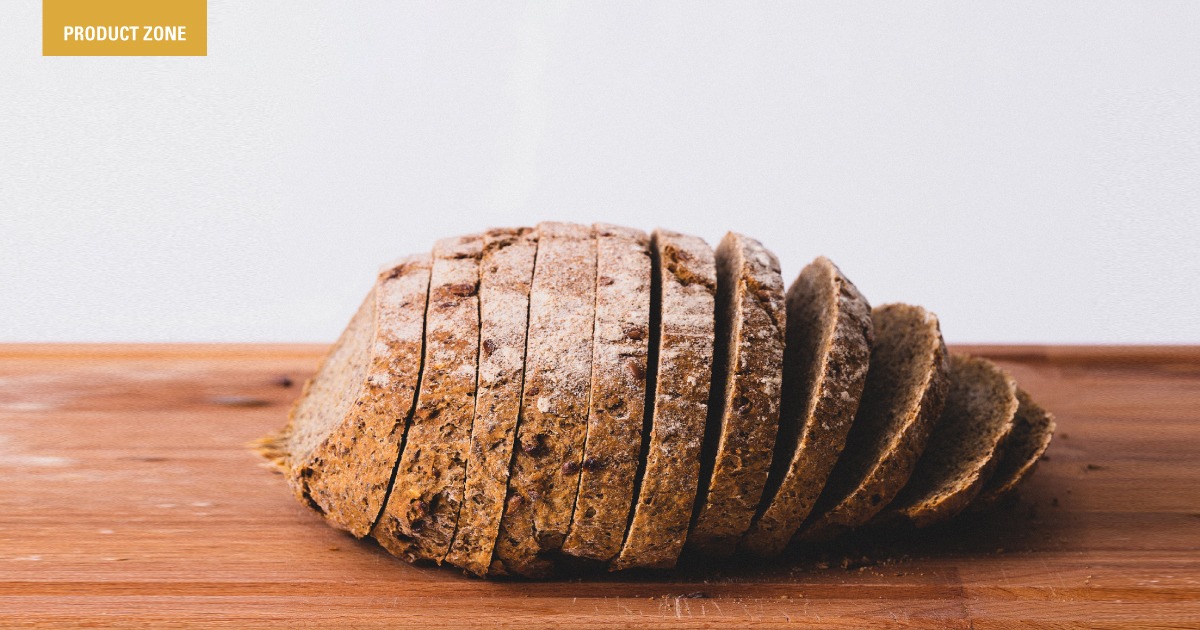Once known for producing just a limited variety of breads and pastries, the bakery industry now encompasses a wide range of artisanal and innovative products. Saloni Walimbe, content writer at Global Market Insights, talks trends, technology and the evolution of the bakery industry.
With novel technologies emerging and knowledge of food processing growing stronger by the day, the bakery industry is rapidly heading toward a significant evolution in the coming years. Furthermore, the bakery processing equipment market is increasingly being viewed as a key contributor to this change. The success of any modern business, whether in terms of productivity or efficiency, hinges largely upon the use of the proper tools and equipment. In the bakery world, the taste and quality of goods, like cakes, pastries and bread, depend greatly on the equipment that is used in their preparation, from those intended for initial preparation to slicing and shaping tools.
The selection and implementation of appropriate bakery processing tools is crucial for industrial bakeries. Bakery processing equipment is available in myriad forms, including ovens and proofers, mixers, slicers, sheeters and molders, among other products. Worldwide, the industry is expected to reach an annual market vale of USD 11 billion by 2026.
Artisanal bread
Bakery products have long been considered basic food items. Factors such as their nutrition profiles, accessibility and convenience have contributed greatly to the long-standing presence of these products in the global market.
According to some reports, Turkey has the largest per capita consumption of bread in the world. In the Middle East, bread is a staple across cultures. Flatbread holds a significant place in Arabian food culture. Varieties including “khubz,” “mana’eesh” and “shamy” each have their own distinct appearance and flavor and can be found in countries such as Lebanon, Iraq, Yemen and Jordan.
Health drive
Recent years have witnessed trends such as organic products, healthy living and natural nutrition, which has, in turn, intensified consumers’ focus on light, natural, additive-free and whole-grain baked products. The prolific rise in demand for whole-wheat, gluten-free, grain-rich bread is a major indicator of this shift. The trend is visible across developing nations as well in other parts of the world.
To illustrate, in May 2020, Bonn Group launched a new series of healthy bread, dubbed NU Health Range. Made using oat fiber, flax seeds, whole wheat and other natural and nutritive ingredients, the range, including the Active Heart, Active Nutrition, Herb & Seeds and Digestive Balance variants, was designed to introduce healthier dietary habits among consumers growing increasingly susceptible to chronic ailments.
Even as baking trends continue to develop over the years, baking equipment tools are also undergoing considerable evolution to accommodate the industrial-scale processing requirements for creating artisan-style bread that is as similar to homemade products as possible.
In September 2020, Mecatherm joined forces with ABI Ltd to introduce a novel industrial manufacturing solution for bagels across Europe, the Middle East, Asia, Australia, Latin America and Africa dubbed Mecabagel. Mecabagel, touted as an unmatched solution in the market, consists of a fully automated, intelligent solution, designed to focus on the production of authentic bagel products, including equipment required for dough proofing and retarding, cutting and forming, baking, cooling and freezing.
Technology
Automation has started to make its presence felt in nearly every aspect of the industrial spectrum, and the bakery industry is no exception. Automated processing equipment for bakery applications not only enables producers to adhere to set quantity, weight and shape standards of the products but also ensures more efficiency and accuracy in the production process.
For example, Italy-based kneading machine and mixers manufacturer Sigma, and Belgian pre-food processing specialist Spiromatic, created a joint venture, SCUDO, with an aim to become a coveted solution for customized and automated dough-mixing systems for industrial production.
Robotics are also rapidly revolutionizing the bakery processing equipment industry, facilitating the large-scale production of sought-after bakery products and reducing the risk of food contamination.
Industrial automation leader Stäubli Robotics paved the way for automation in the food domain, enabling Grote Company, a manufacturer of slicing and assembling equipment, to increase the throughput of sandwich assembly to over 7,000 sandwiches per hour.





















